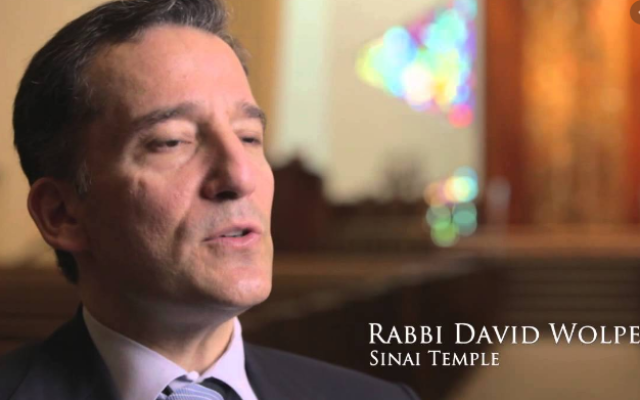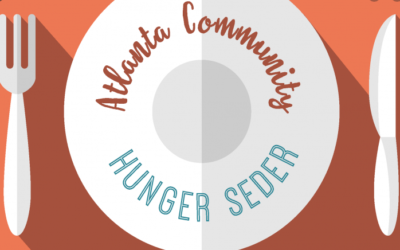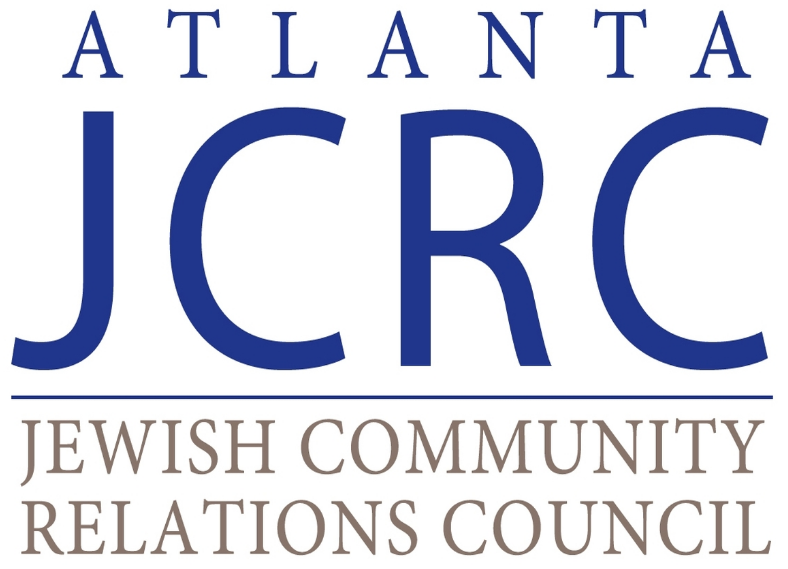Influential Rabbi Urges Stronger Sense of Community
Rabbi David Wolpe speaks of need to create more social caring.

One of the nation’s most respected rabbis earlier this month, March 18 offered a measured approach to the ethical and religious challenges offered by the corona virus pandemic.
Rabbi David Wolpe, the senior rabbi Sinai Temple in Los Angeles warned a national conference call against allowing our emotions to get the best of us as we make our way through the coming months.
“I think the best way to react to this is clinically as opposed to emotionally,” he told participants in the call that was sponsored by the Jewish Council For Public Affairs and its Atlanta affiliate, the Jewish Community Relations Committee.
“We can’t feel our way through a pandemic,” he continued, “it doesn’t matter to the virus whether you feel panicky or you feel optimistic. It matters how you conduct yourself and what you do.”
Wolpe is frequently described as a leading opinion maker in the Jewish world. Newsweek Magazine in 2012 described him as the most influential rabbi in America. The Jerusalem Post, the leading English language newspaper in Israel has named him as one of the 50 most important Jews in the world. He is the brother of Paul Root Wolpe, who is a professor of bioethics and director of the Center for Ethics at Emory University.
Rabbi Wolpe shared his own thoughts about the long-range ethical issues that we should be considering as we conduct our daily lives during the health crisis.
“Panic tend to blunt our moral instincts,” he pointed out. “We don’t want to do that now because we have we have to project to the time when this will be over.

You want to feel , if not proud of yourself, at least not uncomfortable with yourself.”
Wolpe point out the importance of creating on line networks, both within local and national Jewish institutions and organizations and for ourselves, personally.
“in other words try to do as much as you can to keep people engaged,” he continued, “and still be part of a community even though that crucial physical contact has to be suspended.”
The chairman of the board of Atlanta’s Jewish Community Relations Committee, Harold Kirtz, expressed his own concern after listening to Rabbi Wolpe , that we step up to the challenge of creating a stronger sense of community
“The question is,” Kirtz pointed out, “is how do we go about ensuring that we stay focused and stay connected. I think that the distinction Rabbi Volpe made on social distancing versus physical distancing is important. We should keep our physical distance to stay safe but we should be engaged in coming together, to stay connected. If someone is in need, that somebody answers the call for that.”
Before the recent health crisis Atlanta’s community relations committee was planning to hold its annual Hunger Seder at the Jewish Federation of Greater

Atlanta, on April 13, just before Passover.
While the Seder has now been cancelled, Kirtz emphasized that the need to create resources to alleviate hunger and a number of other important social issues in Atlanta is even greater today.
“I’m sure there’s going to be a lot of talk and a lot of thought and a lot of consideration in the months ahead,” he said. “We have to figure out what to do in the next 30 to 60s days, about so many things. If this goes on six months the amount of economic harm is just going to be incredible. What I would not like to see is that we create desperation on the part of large numbers of people.”
Rabbi Wolpe reminded his listeners that the Jewish people are not strangers to adversity and that this is not the first time we have faced a pandemic.
“Some good, will come out of this,” he predicted,. “Maybe a lot of good will come out of this. If it teaches people how easily diseases are transmitted that’s a good thing, “
He closed his discussion with story about two silver amulets that reside in the Israel Museum in Jerusalem. They were discovered in an area outside Jerusalem in the Valley of Gehenna, in what the ancient Canaanites used for the sacrifice of children to their gods. They were dated to around the year 586 BCE, when the first Temple was destroyed.
The amulets bear the ancient words of the Temple’s Priestly Blessing, which reads, in part, “May the Lord bless you and keep you. May God’s countenance shine upon you and be gracious to you.”
“In other words,” Rabbi Wolpe reminded his listeners, “the oldest bit of terror we have is a blessing rescued from hell. When something terrible happens, our tradition teaches us, we look to maximize the blessing to everybody who’s watching and to everybody beyond.”



comments